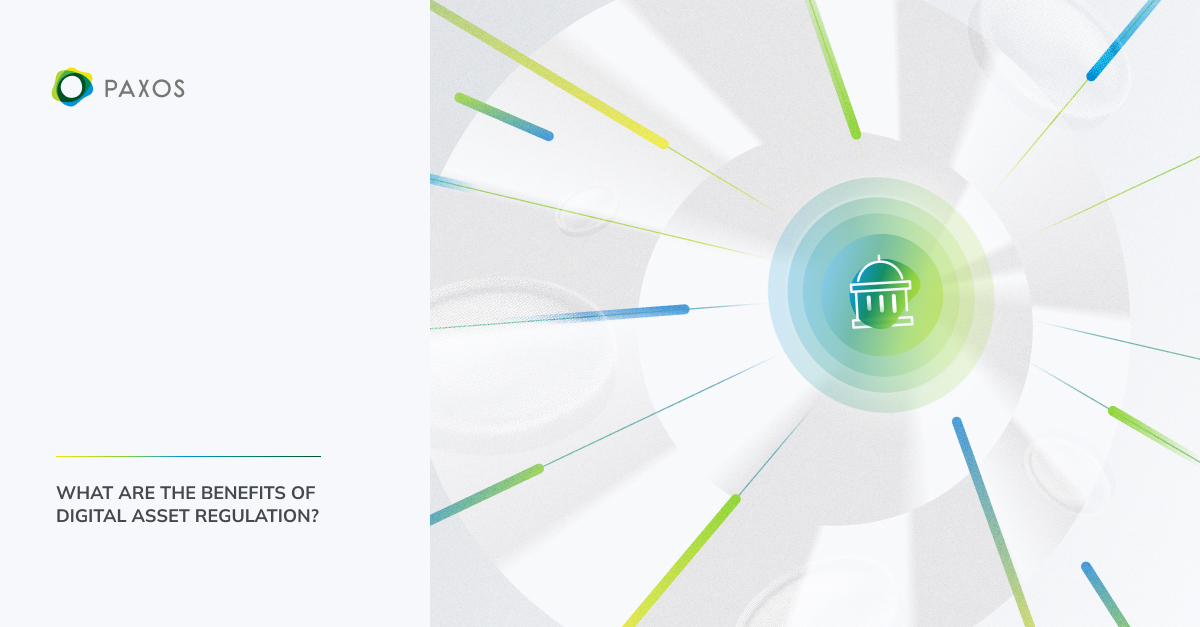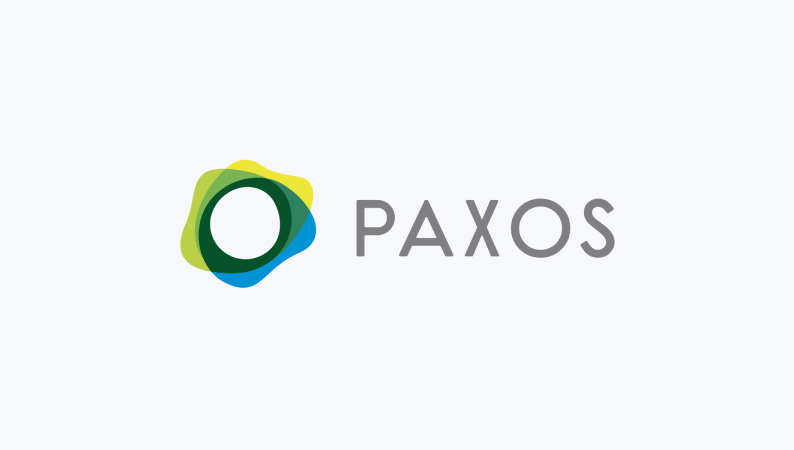
The arrival of digital assets in global markets has brought about unprecedented opportunities for decentralization, security, and the potential to help develop new markets. However, we have seen highly publicized collapses within the industry, which raise legitimate concerns regarding the potential for illicit activities, such as fraud. In light of these concerns, more countries have begun to regulate the sector to mitigate risks and maximize the benefits of these innovations.
Defining what blockchain technology entails and what digital assets encompass is crucial. Blockchain refers to a decentralized ledger that immutably records transactions across a network of computers in a secure and transparent manner. Digital assets, in turn, are digital representations of value, and include cryptocurrencies, security tokens and utility tokens. These assets enable the financial sector to offer a new level of accessibility and convenience.
Regulation could benefit the entire digital asset ecosystem
The evolution of regulation in the blockchain and digital asset industry continues to present prospects for its growth and development. Regulation provides well-defined rules of the road that increase the confidence of investors and businesses so they can better comprehend regulatory requirements and confidently make projections concerning the future of the space.
Additionally, regulation boosts the transparency and accountability of the industry by mandating companies to disclose information about their operations, financials and governance structures.
Regulation also has the potential to foster innovation in the industry. By reducing barriers to entry and promoting competition, regulation can level the playing field for both startups and established players. This can result in the development of better products and services in the sector, which will greatly benefit consumers and businesses alike. Further, regulation can accelerate the mainstream adoption of blockchain and digital assets by establishing standards and best practices for the industry.
As blockchain technology and digital assets continue to grow and evolve, it has become increasingly clear that well-conceived regulatory frameworks are critical for the mainstream adoption and integration of these technologies. Legal frameworks set standards that promote both transparency and accountability such that the advantages of blockchain technology and the digital asset industry can be realized without sacrificing safety and soundness.
The importance of consumer protections
The significance of consumer protections in the blockchain technology and digital assets cannot be over-emphasized. As the industry continues to progress, it is increasingly apparent that regulatory frameworks that prioritize consumer safety and security are crucial.
Standards that require quality, reliability and security of transactions are crucial to ensuring consumer protection. They guarantee that the products and services provided in the blockchain and digital asset domain adhere to the established performance and reliability criteria existent in traditional finance.
Moreover, regulation is significant to mitigate the risk of fraudulent and malicious activities through the compulsory disclosure of company operations, finances and governance structures, fostering transparency and accountability that builds trust and decreases the likelihood of unethical behavior.
Increased consumer trust and confidence
In order to drive growth and foster widespread adoption, cultivating trust is imperative. It is necessary that stakeholders possess a high degree of confidence in the offerings within this sector and that consumer assets are secure and available at any time.
Regulation can catalyze trust in the industry by imposing disclosure obligations, which require companies to divulge all relevant information. In turn, this heightened level of transparency enhances accountability and provides stakeholders with a clear understanding of the workings of these organizations.
Stability and reliability are essential
Stability and reliability are essential for successfully adopting blockchain technology and digital assets. A perception of dependability, usability and trustworthiness is critical for the industry to reach its full potential and garner wider acceptance.
Regulation can play a vital role in establishing stability and reliability. By implementing quality, security and dispute resolution standards, regulatory bodies promote adherence to established performance and reliability criteria for products and services. This mitigates much of the risk of systemic failures, such as security breaches, system crashes or bank runs, which could have significant consequences for stakeholders.
Additionally, the provision of effective dispute resolution mechanisms, as required by set regulations, contributes to stability and reliability in the industry. A clear and efficient process for resolving conflicts instills predictability and engenders trust, thereby fostering a stable and reliable environment for stakeholders.
Digital asset integration into the global financial system
Regulation can play a crucial role in the integration of blockchain and digital assets into the global financial system. Establishing the standards mentioned above on a globally, consistent basis will enhance the confidence of financial institutions in the emerging industry. This can foster the integration of blockchain and digital assets into the global economy, further promoting widespread adoption and facilitating seamless integration into the global financial system.
Implementing relevant regulations helps establish the stability and reliability of the blockchain and digital asset industry, creating an environment conducive to investment and innovation.
Overall, regulation of the blockchain and digital asset industry presents a number of prospects for the growth and development of the space, including increased transparency, accountability and innovation. Challenges do still need to be addressed, such as the potential for over-regulation, unclear regulation and difficulties in enforcement. Hence, regulators will attempt to balance promoting the industry’s growth and safeguarding the public interest. If the result is a well-conceived and efficiently executed global regulatory framework, it will help drive digital assets’ wider adoption and integration into the global economy.
Want to learn how a regulation-first approach to digital assets can help your enterprise?

